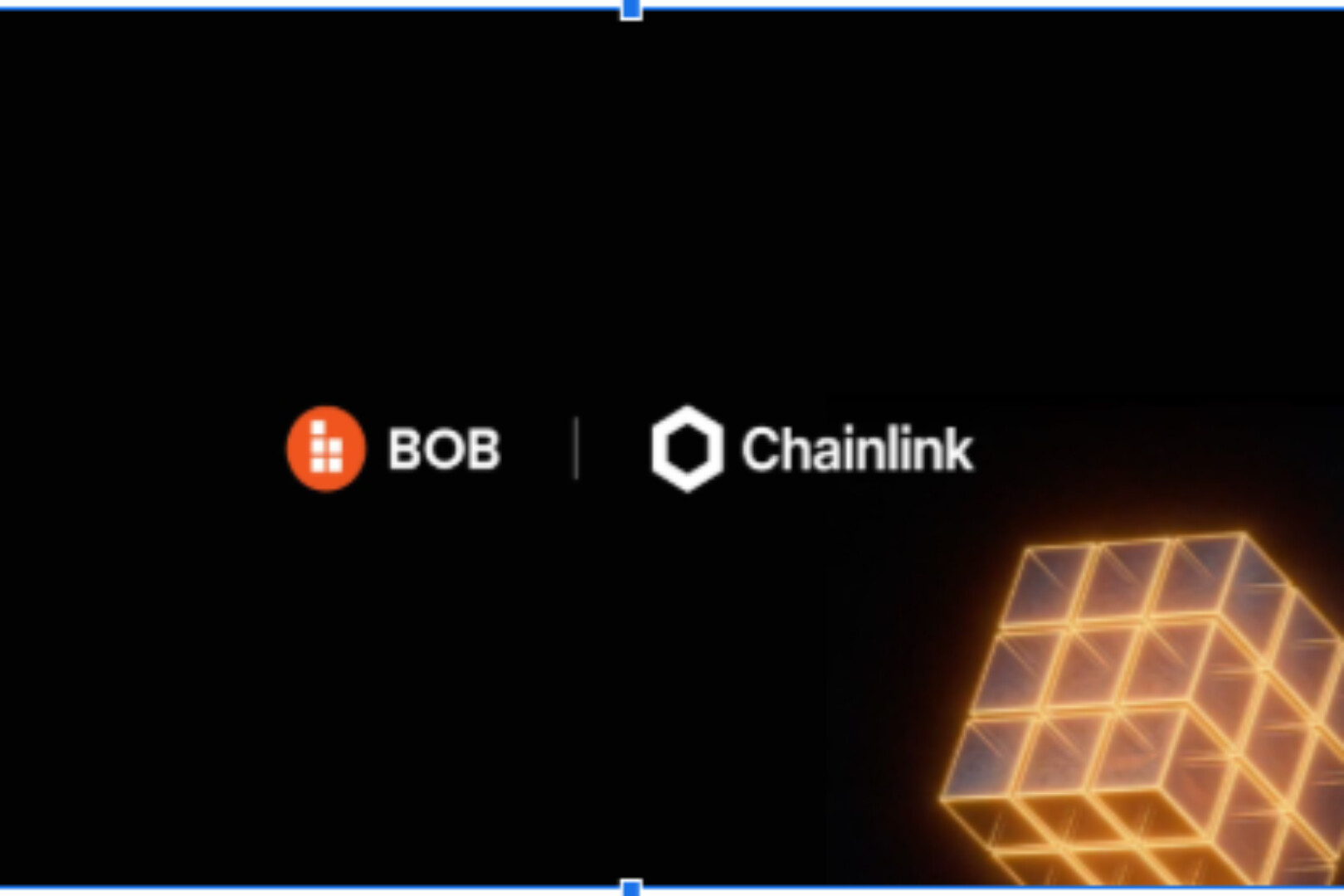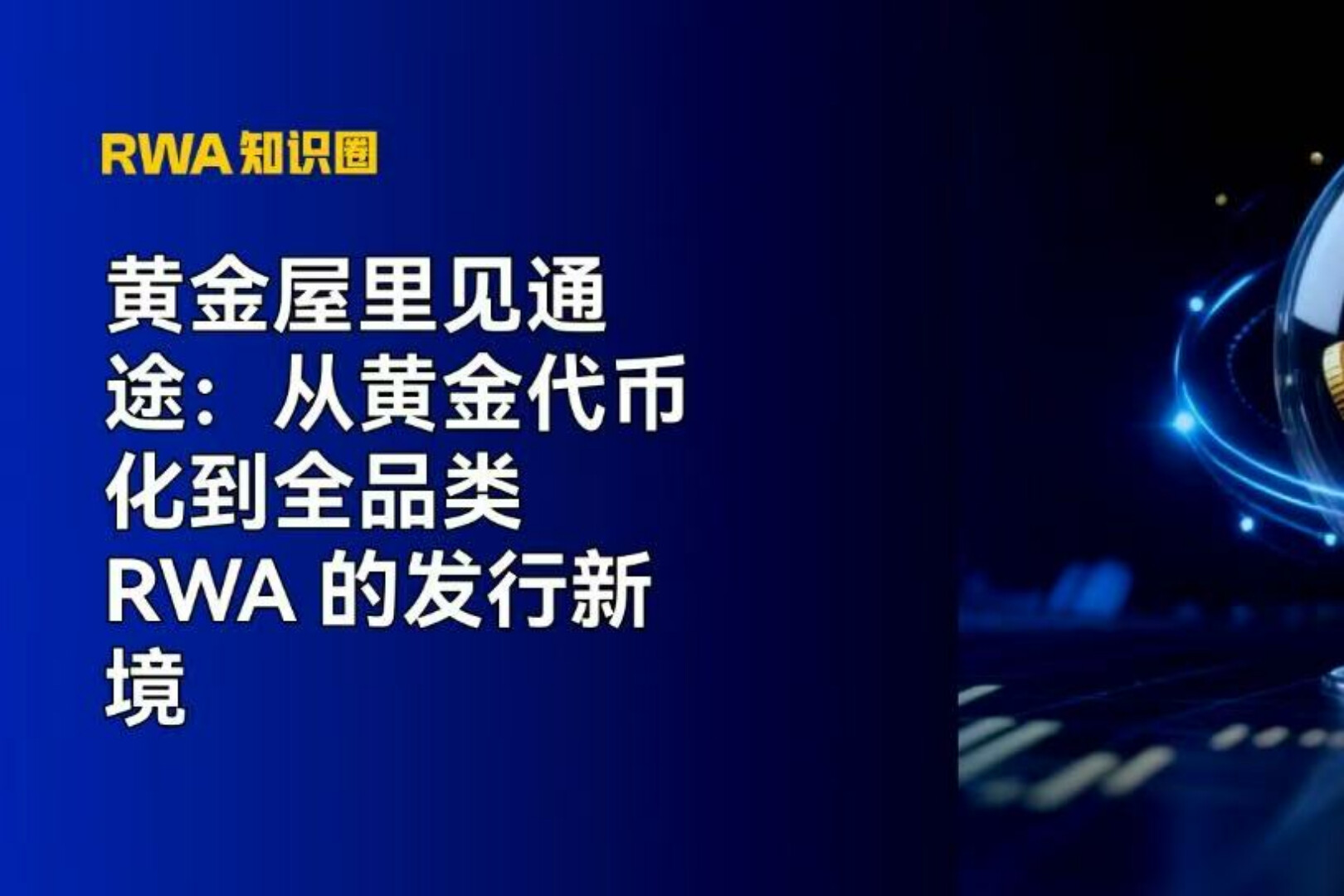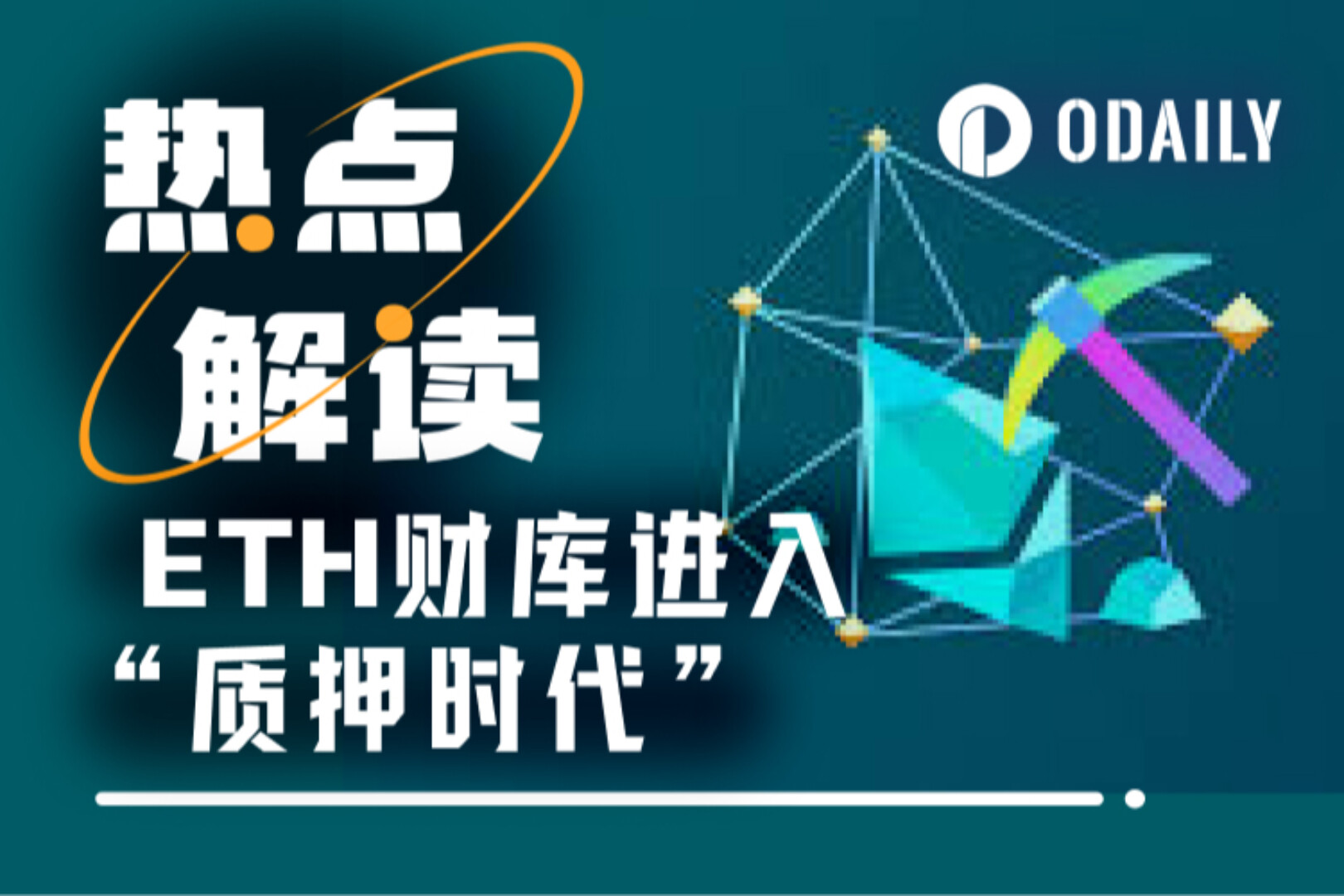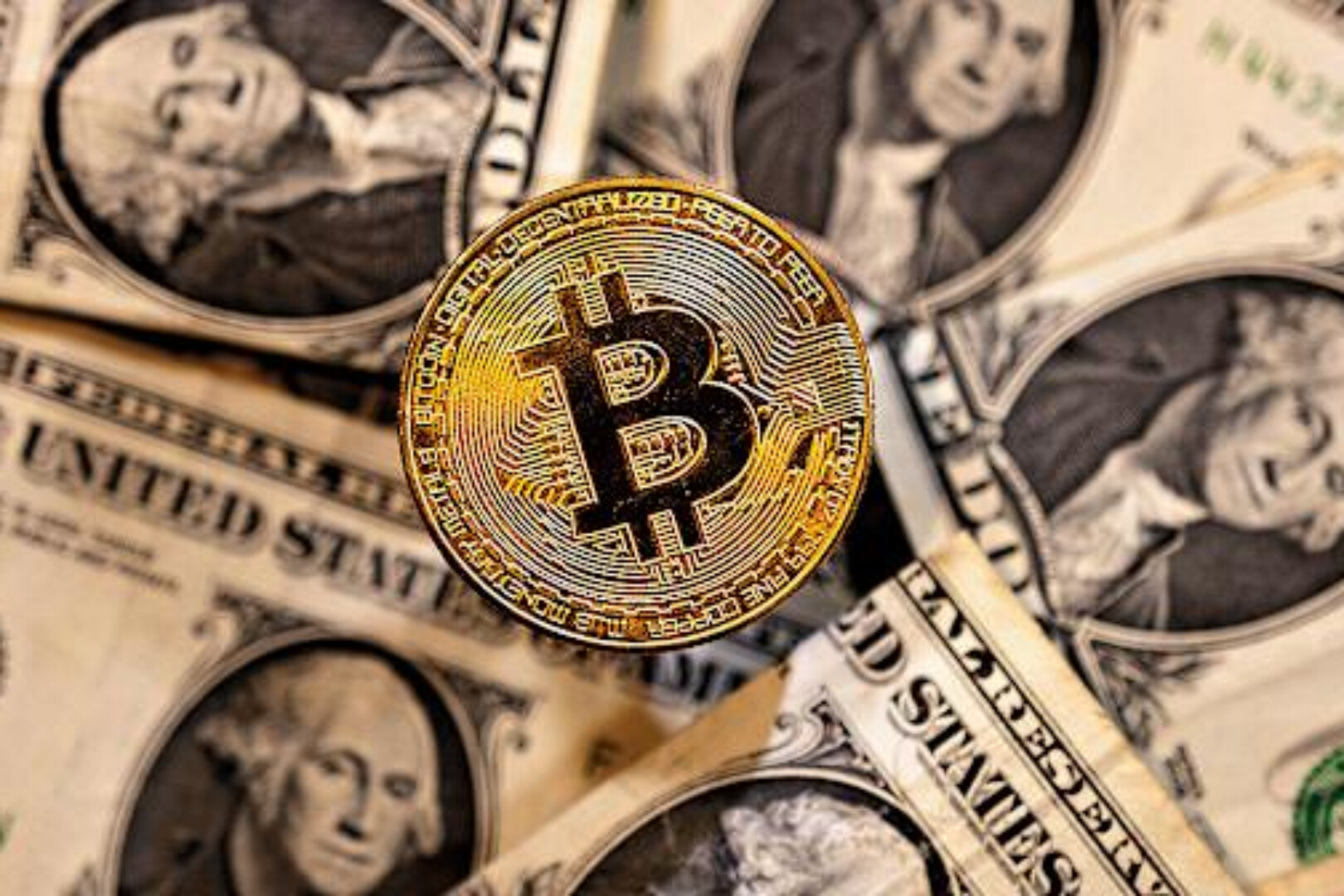
On September 5th, at the POD conference hosted by Odaily and co-organized by 36Kr Group Strategy, Professor Yang Zijiang, co-founder of Netta & FractalNets, delivered a speech entitled "Protecting Digital Rights and Privacy Security with Blockchain Technology".
Professor Yang Zijiang believes that the purpose of blockchain is not to be protected, but to protect the existing digital world. He wants to use blockchain technology to protect digital rights and privacy.
To ensure the privacy and security of digital rights, Nettasecondary title
The following is the transcript of the speech by Professor Yang Zijiang, the co-founder of Netta & FractalNets:
Hello everyone! Today my topic is "Using Blockchain Technology to Protect Digital Rights and Privacy Security".I think the purpose of blockchain is not to be protected, but to protect the existing digital world. Our current project, Netta, is to do just that.
In the world we live in now, everyone lives in an amphibious world.One is the real world and the other is the virtual world of the Internet. I don’t know if everyone realizes that the current Internet world is not as good as you imagined. In the real world, the privacy and private property you enjoy are not infringed, and all kinds of things that are justified do not exist in the digital world. For example, without knowing it, the data is arbitrarily occupied by large companies, and even sold to advertisers. You receive all kinds of harassing information. What should you do at this time? For example, if you post an article on the Internet, and the article is plagiarized immediately, in this case, who can know that you are original? How are your rights guaranteed?
We use search engines, no matter whether it is Google or Baidu, they are completely based on the advertising model. When you use Baidu, when you search for hospitals, you search for the Putian department. why? Because the Putian department paid the highest advertising fee. Do you have a choice? You are always being advertised, can your rights be guaranteed? There is no way.
Whether these problems are serious or not, more and more people realize the importance of digital rights. For example, the European Union has introduced the GDPR (General Data Protection Regulation). It guarantees that under the new regulations, personal data such as your name, DNA, ID number, etc., cannot be collected by large companies without the consent of the individual, which makes many large companies frightened. Do we know that on the Internet, behavior driven by interests can be supervised through top-down supervision? For example, if you book a flight ticket to Beijing now, the Beijing hotel information will be sent to you in two days. You know that your private location information has been sold, what can you do in this situation? Can you contact the EU to sue it? Will the EU accept it? In this case, how to prove that your information was stolen by which organization? And in addition to personal information, other information also needs to be protected, such as plagiarism of original articles. How to deal with this situation? Although there are strict laws now, they are not operable. This top-down, post-event punishment mechanism has no way to truly guarantee the privacy and security of digital rights and interests. What our project provides is to give everyone an algorithmic right to use the algorithms and tools we provide to ensure your security in advance. This is our original intention for this project.
How do we do this? We have three major tools:
First, break the centralized hegemony and use decentralized storage to ensure privacy. But decentralized storage itself cannot really protect your privacy. For example, I have obtained a node now, and I have obtained a data. But after I get this data, I can resell it to another node.
In this case, how can we protect it? this is oursSecond, we can calculate the ratio of originality.We were able to calculate this article, you don't have 100% plagiarism, but modifying the content in it, we can calculate that 80% is plagiarism and 20% is self-written. We can use our own algorithm to calculate the original ratio, which is the second point.
Third, we built a fair and efficient decentralized search engine.We have developed a search engine that can change the current centralized advertising model. This model has not changed since the birth of the search engine, and we want to change this now. Use decentralized search to change the current advertising model so that all participants can benefit.
Next, I will introduce how these points are achieved, and finally I will give a demo of the project, so that everyone can see our functions.
First, decentralized storage.Decentralized storage, we have achieved the user's private data, no longer stored in a central organization, but decentralized storage in the form of ciphertext. There are many technical problems to be solved here, for example, plain text cannot protect user privacy. We want to use ciphertext protection, but the current homomorphic encryption algorithm is inefficient and cannot be used in actual projects. Current storage, such as IPFS, has a large amount of redundant storage, resulting in very low storage efficiency. As an example, I have an article that comes from modifying another article, adding only one space. In the case of adding spaces, its hash is completely different. Your storage needs to store all the original content, even if only one space is changed. And what did we do? We can calculate that there is only one more space in it, and our storage, in the case of already storing the same article, only stores one more space. This can greatly improve the efficiency and cost performance of storage, which is what we have done.
Second, how to do the decentralized right confirmation?We can calculate the original ratio by calculation.Through the original ratio, the original rights and benefits can be guaranteed. This is the original process, not to say that like the current blockchain project, it can only record ownership. Either it is zero, or it is one, or you copied 100%, or you didn't copy. This kind of 0 and 1 cannot reflect the real digital rights. We were able to calculate, based on semantics, that 80% is plagiarized and 20% is our own. The advantage of doing this is that we can transform malicious plagiarism in the Internet world into a benign communication behavior. You can copy at will, but we can calculate where the original is, and we can automatically distribute the income you receive to the original. This is our decentralized right confirmation process.
This is our storage map. Using this storage map, we can efficiently calculate how the revenue is distributed and what its ratio is.

Third, we have built a huge database, what is missing? Just like Baidu and Google, we still lack this information entry.For this information portal, we have developed a decentralized search engine.This search engine has broken the barriers of the central organization, and we have turned it into a decentralized one. Everyone can participate in its search process, its indexing process, and its storage process. So I won't say much about the technical changes it brings. It can change the current business model, which is the advertising model I just mentioned. The advertising model is like Baidu, it allows you to look at the Putian department, you only look at the Putian department, you have no other choice. Because we are decentralized here, everyone can participate in the advertising distribution process, and you can know what benefits you get during the advertising distribution process. In addition to changing the advertising model, search engines can also display and confirm rights. Just like why do you like to use WeChat? Because when you post an article on WeChat, you can receive likes, and you know who likes your article. So after we established the rights confirmation above, using our search engine, when you search the Internet, you can know who posted this article, how many people read it, and how many times the article was reposted. This can be clearly displayed in the search guide.
image description


image description

demo video screenshot
Finally, I would like to emphasize that what we are searching for is not the content of the blockchain, but the content of the Internet. thank you all!





